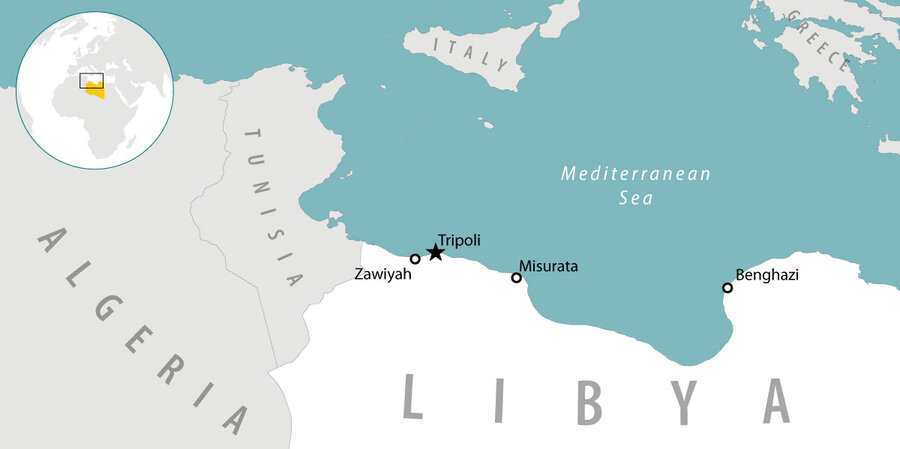To understand America’s political partisanship today may require a deeper understanding of the use of abortion as an issue that stirs emotions and lifts voter turnout. The first of an occasional series on this issue.
Monitor Daily Podcast
- Follow us:
- Apple Podcasts
- Spotify
- RSS Feed
- Download
 David Clark Scott
David Clark Scott
“I am so thankful and so blessed to have gone on this journey,” said University of Virginia’s Tony Bennett, a humble, Bible-quoting man.
A year ago, Coach Bennett and his basketball team were humiliated. No other No. 1 ranked team had ever lost to a No. 16 seeded team in the history of the NCAA “March Madness” tournament. The Cavaliers didn’t just lose, they were epically embarrassed.
You might say it’s just a game. Well yes, but tell that to the fans who issued death threats after the game. Police escorted each team member to his hotel room, which just made it feel worse, said the coach’s wife.
Mr. Bennett and his players chose to confront the loss head on. Some watched film of their defeat – not to wallow, but to learn. They slowly found “the sweet spot of retaining the bitter memory but not being beholden to it,” wrote Dana O’Neil of The Athletic. A quiet determination grew out of disgrace.
And Monday night, after a seesaw battle for the NCAA championship with Texas Tech, the UVA Cavaliers found redemption.
Sitting on his sideline stool as celebrations erupted around him, Mr. Bennett bowed his head. “I hope that [this team’s journey is] a message ... that there can be hope and joy and resiliency,” he said later. “When that horn went off, I just put my head down and said, ‘Thank you. I’m humbled, Lord, because I don’t deserve to be in this spot, but you chose me to be here, and I’ll give thanks.’ ”
Now to our five selected stories, including the long arm of Canadian law, the battle for stability in Libya, and why Floridians are developing a taste for lionfish.











